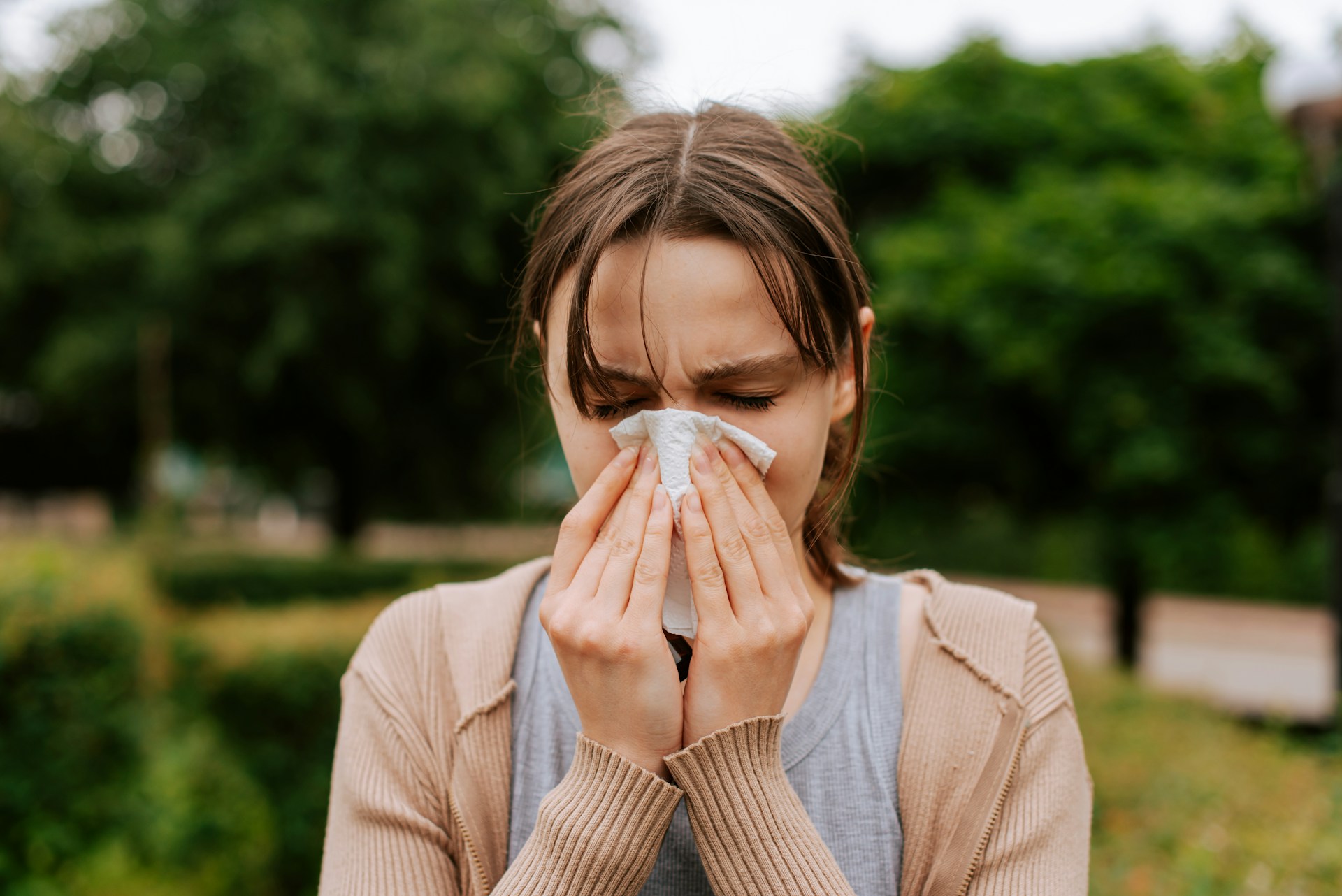As the leaves begin to change and a cool breeze moves in, fall marks a pleasant transition between summer’s end and winter’s arrival. Unfortunately for some, this season also brings the return of fall allergies. These annoyances are more than just a nuisance; they can affect your day-to-day life. Understanding what triggers these allergies and how best to manage them can keep you enjoying the beauty of fall without constant sniffles and sneezes.
Family medicine plays a key role in helping people identify and handle these pesky allergies. Exploring common sources of fall allergies gives you ammunition against them. Family doctors offer tailored treatments that relieve symptoms and improve quality of life by targeting specific allergens that flare up this time of year.
Understanding Fall Allergies
Fall allergies can make an entrance like an uninvited guest at a party. As summer fades and leaves turn to hues of orange and brown, certain allergens take center stage. One of the main culprits in fall is ragweed pollen, notorious for causing sneezing fits and itchy eyes. This pollen can travel hundreds of miles, easily finding its way into your local neighborhood, even if ragweed plants aren’t visible.
Additionally, mold becomes a significant trigger as leaves pile up and start to decay. Dampness, more common in the fall, encourages mold growth, especially in outdoor spaces like gardens and lawns. This spurs an increase in mold spores in the air, contributing to allergy symptoms. Common symptoms include:
– Sneezing
– Itchy eyes and nose
– Runny or stuffy nose
– Coughing
Identifying these symptoms can help in consulting your family doctor timely for relief. By understanding what specific allergens are affecting you, treatment becomes more precise. Engaging with family medicine allows you to manage these symptoms effectively and find solutions that work in reducing their impact on your daily well-being.
How Family Medicine Can Help
Family doctors are more than just healthcare providers; they act as partners in managing your fall allergies. They begin by diagnosing your specific triggers through tests and questions about your symptoms. This ensures that you get a clear picture of what allergens are affecting you most. Given that allergies can vary greatly from person to person, this step is vital to target treatment effectively.
Personalized treatment plans are one of the strongest advantages of consulting with a family doctor. These plans often include a combination of methods like medication and lifestyle changes. Commonly prescribed medications may involve antihistamines or nasal corticosteroids. In some cases, allergy shots are recommended for long-term management. These treatments aim to reduce symptoms and improve daily comfort, making regular activities more bearable without the constant interruption of allergies.
By tailoring solutions to individual needs, family doctors help alleviate symptoms more efficiently. Their approach considers your unique environment, lifestyle, and health history, ensuring that the chosen treatments fit seamlessly into your everyday life.
Preventive Measures and Lifestyle Tips
Prevention plays a key role in managing fall allergies, and several measures can help minimize exposure to allergens. Here’s a handy list:
1. Keep windows and doors closed to prevent pollen and mold from entering your home.
2. Use air filters to maintain air quality indoors, particularly HEPA filters that effectively trap allergens.
3. Wipe surfaces regularly to minimize dust and indoor allergens.
4. Make a habit of showering and changing clothes after spending time outside to remove pollen that clings to clothing and hair.
In addition to these preventive measures, managing symptoms at home requires some easy lifestyle adjustments. Consider using saline rinses to cleanse nasal passages or employing a humidifier to keep the air moist, which helps in reducing irritation in the nasal membranes. Even small changes like these can significantly improve your day-to-day comfort.
When to Seek Medical Help
While many can manage fall allergies with over-the-counter treatments and lifestyle changes, some situations require a doctor’s expertise. If your symptoms become unmanageable or persistent, it’s time to see a family doctor. They can provide more comprehensive treatment plans and address any underlying health concerns that might be contributing to your allergies.
Regular check-ups become a safeguard against unexpected flare-ups, ensuring that your allergies remain in check throughout the season. Family doctors not only assist in managing current symptoms but also help you stay prepared for future allergy seasons by adjusting treatments as needed.
Enjoying Fall in The Villages Without Allergies
Taking proactive steps to manage your fall allergies can transform your experience of this beautiful season. By adopting preventive measures and personalized treatment plans, you’re free to enjoy outdoor activities and seasonal festivities without the nagging discomfort of allergies.
The goal of addressing allergies effectively is to allow everyone, regardless of sensitivity, to appreciate all that fall has to offer. With the right strategies in place, you can look forward to an active and enjoyable season at The Villages, making the most of the breathtaking fall foliage and cool, crisp days without feeling tied down by allergy symptoms.
For those living in The Villages, tackling allergies head-on can make all the difference in enjoying the fall season. If your allergies are keeping you from fully experiencing the beauty around you, consider exploring how family medicine in The Villages can help. The Burress Medical Center offers personalized care and treatments to alleviate those pesky symptoms and enhance your quality of life. Visit us to discover how we can help you breathe easier and embrace the changing seasons.







